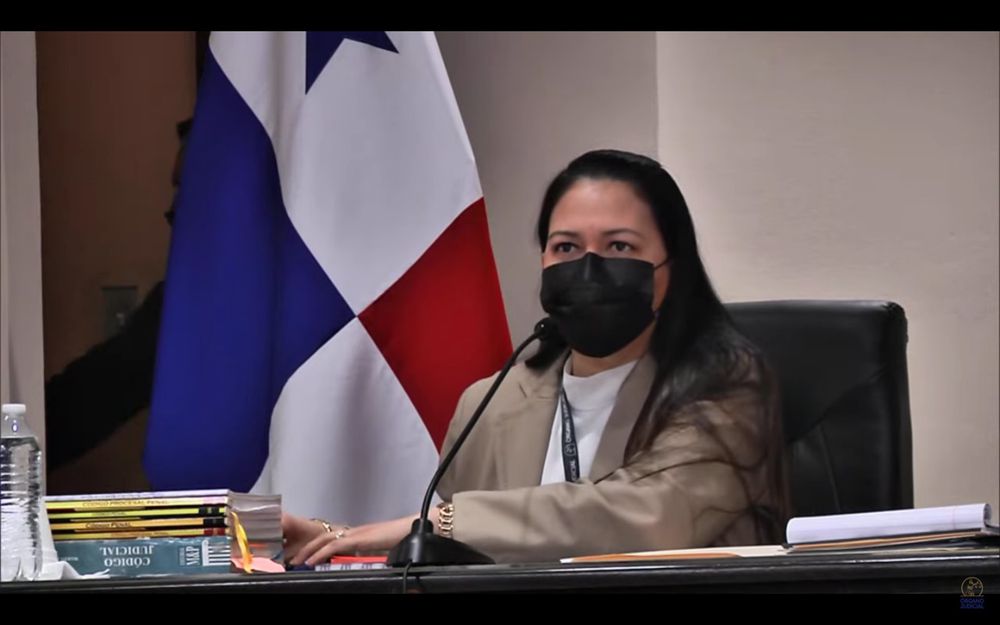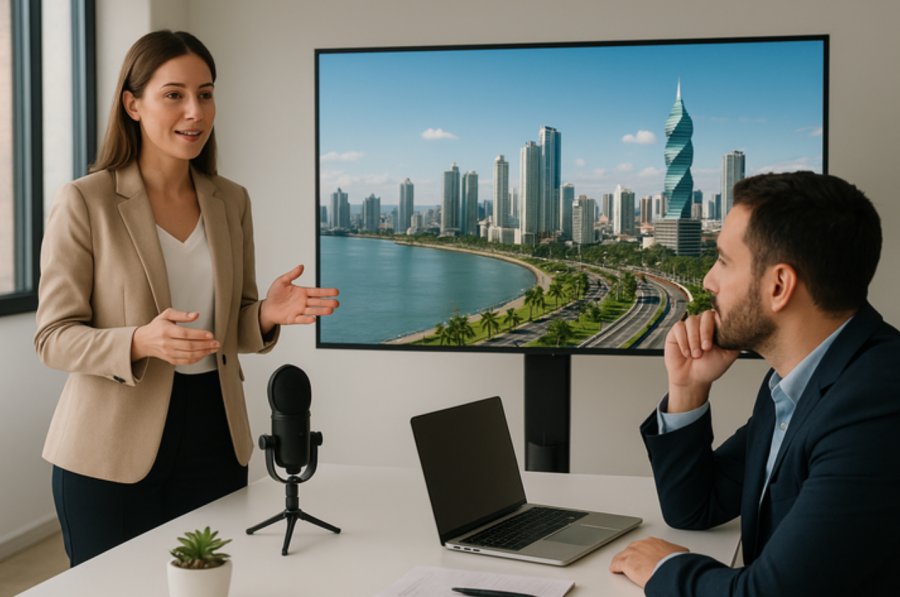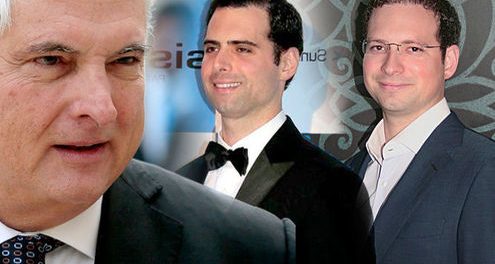Martinelli defense claims political motivation in Odebrecht hearing

The Principle of specialty, political motivation, and complaints about the handling of the file were some of the arguments presented by lawyers for defendants in the preliminary hearing of the Odebrecht case.
Roniel Ortiz, the lawyer for former president Ricardo Martinelli, once again aired the supposed specialty principle, which, he said, protects his client. He also claimed presumed immunity as a member of the Central American Parliament as an argument to avoid charges of money laundering related to the payment of bribes by Odebrecht.
Ortiz, was the second lawyer to present his arguments on Thursday, insisted that Martinelli is protected by the principle of specialty and that the Special Prosecutor’s Office Anticorruption violated its fundamental guarantees.
This, despite the fact that the Supreme and the Third Criminal Court, on different occasions, have rejected the theory and, have denied resources to the ex-president’s defense was even recalled by Judge Baloisa Marquínez on September 12, when the preliminary hearing began.
Extradition
Ortiz insisted that, when the United States extradited him on June 11, 2018, Martinelli was protected by the principle of specialty and that the Public Ministry should have closed all ongoing investigations against his client, but that this was not done.
In addition, he reported that another illegality committed against his client was the fact that the prosecution continued with the investigation of the Odebrecht case, despite the fact that Martinelli at that time was a deputy of the Central American Parliament (Parlacen).
The Parlacen has been another of the flags of the defense of Martinelli to avoid legal proceedings, although in 2018 he voluntarily resigned from that regional forum so that the Court would lose jurisdiction to judge him for the puncture case. In this way, all the ongoing cases linked to him were left in the hands of the Public Ministry.
In his speech, Ortiz repeated that the process against Martinelli is of a “political nature”, as he claims were the one for the punctures and all the cases that were opened to him.
At the end of his argument, he stated that “it is clear” that his client “is not Águia”, the nickname that appeared on the bribe forms paid by the Odebrecht Structured Operations Sector.
Martinelli, according to what former Odebrecht boss, André Rabello declared to the Public Ministry, received at least two transfers from the construction company through Caribbean Holding Services: one for $1.6 million and another for $300,000.
Ortiz, who also reprents Martinelli’s personal friend, Úrsula Banz, and Fernando Carreiro Muradas, son of Aurora Muradas, another of his friends, argued that the charges against both are unfounded since there is no evidence of their connection with the alleged corruption scheme.
Lawyers for Riccardo Francolini, Jaime Ford, Aaron Mizrachi, Evelyn Vargas and Federico Suárez, also presented their arguments. All requested dismissal.





